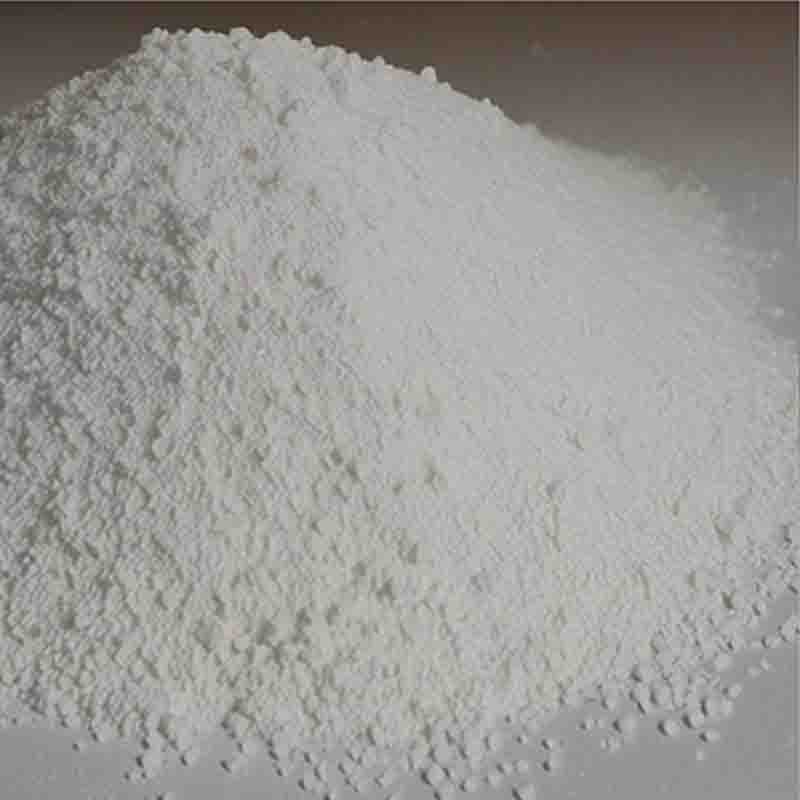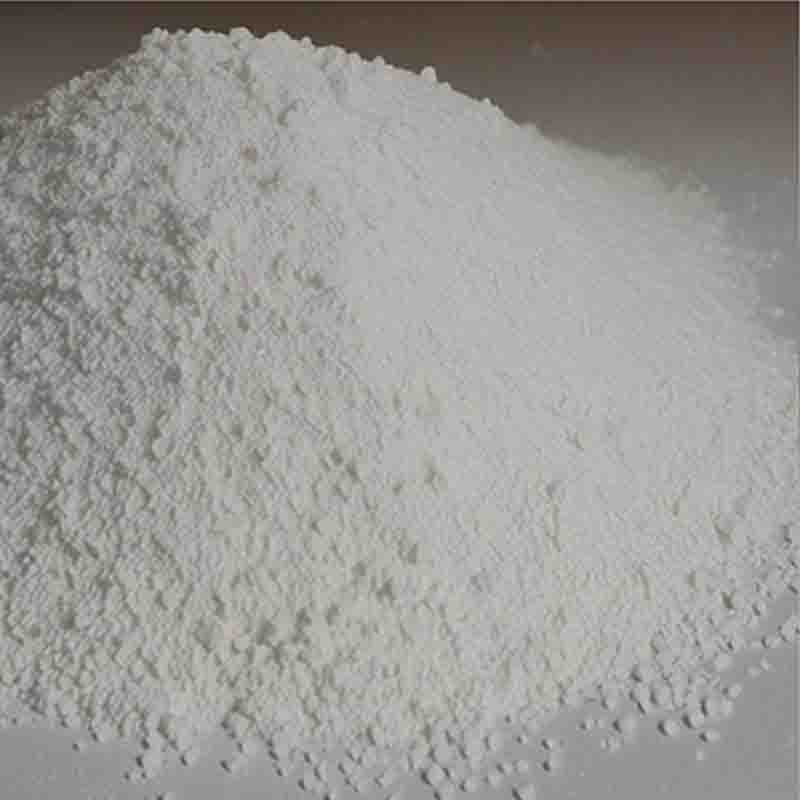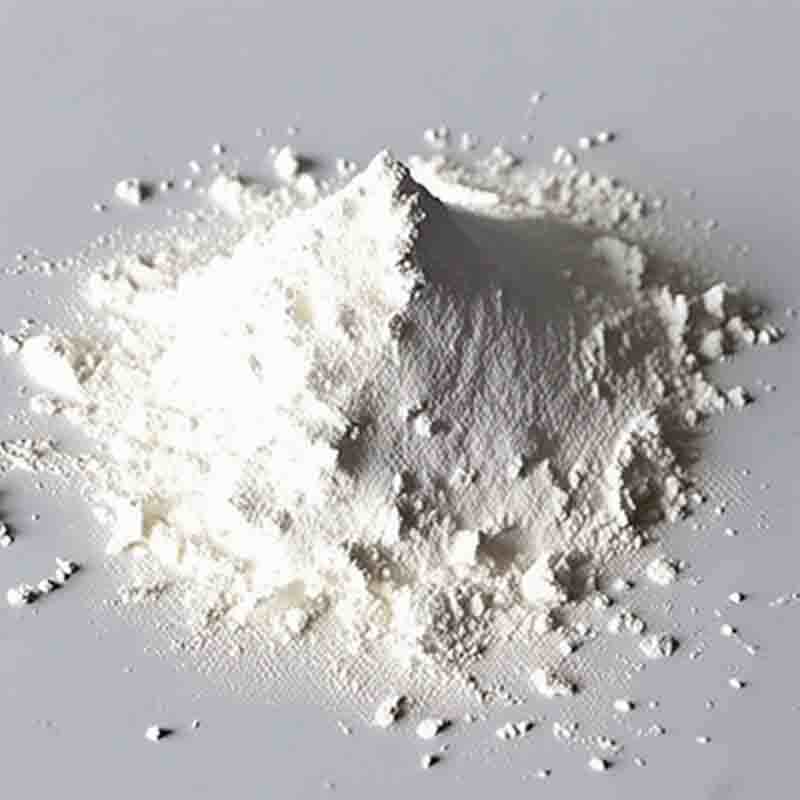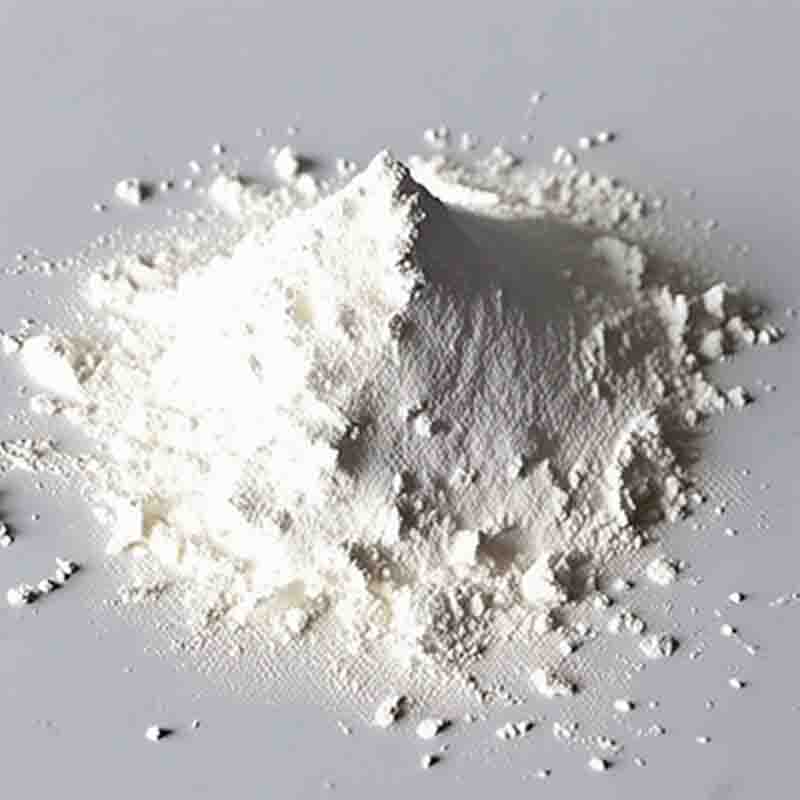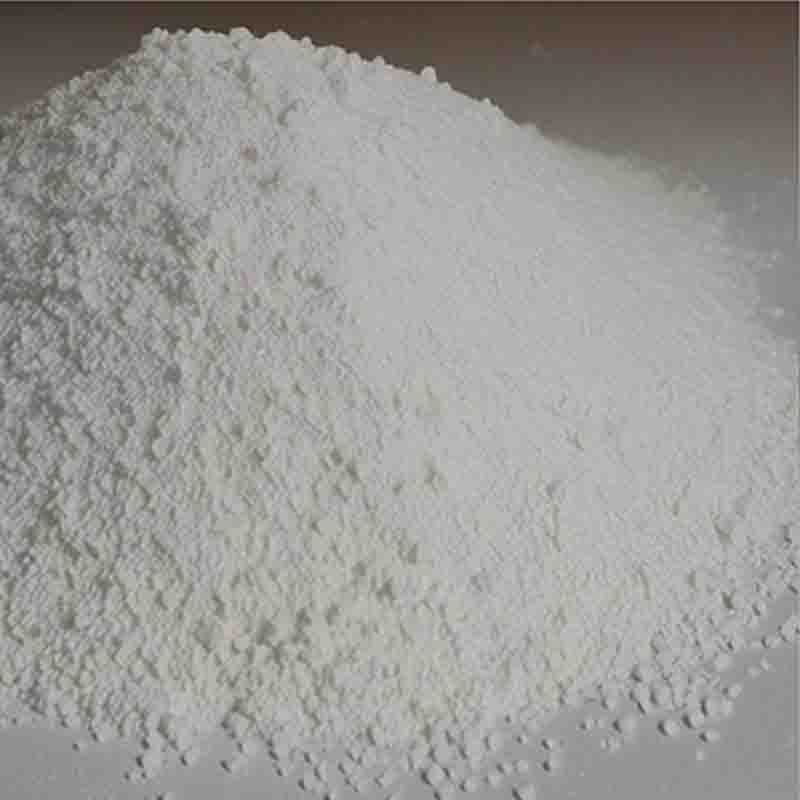DioctylPhthalate CAS:117-84-0
| Catalog Number | XD95871 |
| Product Name | DioctylPhthalate |
| CAS | 117-84-0 |
| Molecular Formula | C24H38O4 |
| Molecular Weight | 390.56 |
| Storage Details | Ambient |
Product Specification
| Appearance | White powder |
| Assay | 99% min |
Dioctyl phthalate (DOP), also known as bis(2-ethylhexyl) phthalate (DEHP), is a commonly used plasticizer. It has several effects and applications, including:Plasticization: The primary effect of dioctyl phthalate is its ability to act as a plasticizer. Plasticizers are chemicals added to plastics to increase their flexibility and durability. DOP is particularly effective at softening polyvinyl chloride (PVC) polymers, making them more pliable and easier to process. This effect is crucial in the manufacturing of various products, including cables, flooring, medical devices, and automotive parts.Flowability and Fusion: DOP enhances the flowability and fusion characteristics of PVC during processing. It improves the melt viscosity of PVC resins, allowing for better mixing and homogeneity. This effect is essential for achieving desirable processing properties, such as uniformity and ease of molding or extrusion.Stability: Dioctyl phthalate helps enhance the stability and durability of PVC products. It improves the resistance to heat, cold, and weathering, ensuring that the plastic maintains its structural integrity under different environmental conditions. This makes DOP a desirable choice for outdoor applications, such as construction materials and outdoor furniture.Electrical Insulation: DOP is often utilized in the insulation of electrical wires and cables. Its plasticizing effect improves the flexibility and resistance of PVC coatings, providing electrical insulation properties. This makes DOP an essential component in the production of electrical wiring and cables for various industries.Medical Applications: Dioctyl phthalate is also used in medical devices, such as blood bags, tubing, and catheters. Its plasticizing effect ensures flexibility and durability, allowing for ease of use and patient comfort. However, in recent years, concerns have been raised regarding the potential health risks associated with exposure to DEHP in medical applications, especially in vulnerable populations, such as neonates and patients undergoing long-term medical interventions.It is important to note that due to concerns about potential adverse effects on human health and the environment, the use of dioctyl phthalate has been restricted or banned in certain countries. Alternative plasticizers, such as diisononyl phthalate (DINP), have been developed as substitutes.Overall, dioctyl phthalate plays a significant role in the plastic industry and in various applications requiring flexible and durable materials. However, its use is subject to regulations, and careful consideration should be given to potential health and environmental impacts when using this compound.


